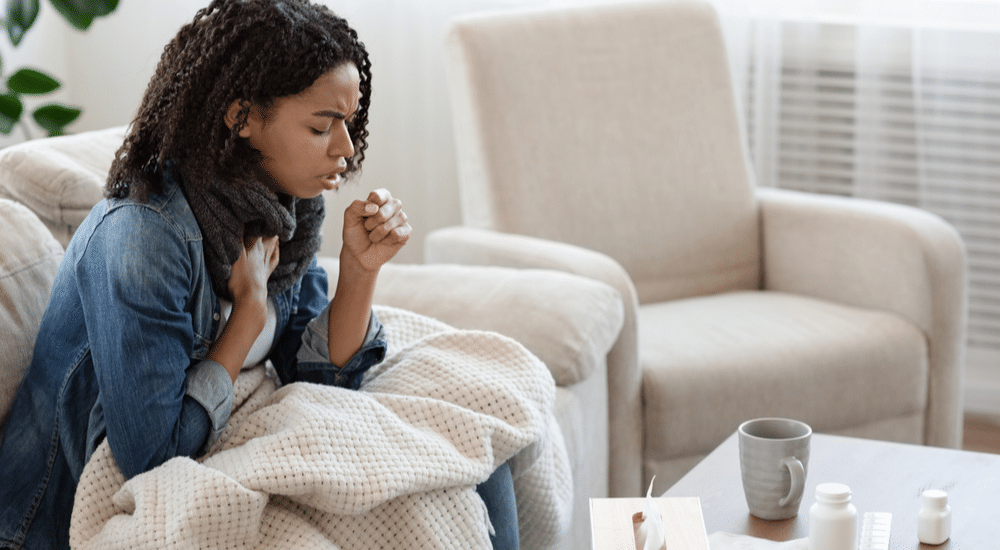Many of us love the smell of a clean and fresh home, don’t we? You may even associate it with the fragrance of air fresheners, household cleaners, and fresh paint.
What if I told you that a nice-smelling home might not be as healthy as you think?
Let me explain the science behind this problem.
Our brains associate certain smells with specific emotions and feelings. Pleasant smells evoke positive feelings like cleanliness while unpleasant scents trigger more negative emotions. Household products like air fresheners and cleaning agents exploit this little psychological quirk to create a feeling, sometimes falsely, of cleanliness and freshness.
My point is that pleasant smells do not always mean your home is really clean or fresh or that the air around you is even safe to breathe. This is because these products sometimes include a group of chemicals known as volatile organic compounds (VOCs), which pollute your indoor air and cause havoc in your respiratory system.
As someone who has experience with indoor air quality testing, I have working knowledge and experience when it comes to volatile organic compounds. Here are some insights I hope will help you create a home that is healthy in every way!
What are volatile organic compounds?
VOCs are a group of natural or man-made chemicals that have high vapour pressure, low water solubility and are emitted as gasses at room temperature.
Some of our most commonly-used household products include these potentially dangerous compounds, including:
- Perfumes
- Paint and paint solvents
- Household cleaners
- Air fresheners
- Aerosol sprays
When you’re considering a cleaning solution or something else for your home, be wary of the following “ingredients”:
- Formaldehyde
- Ethanol
- Acetone
- Benzene
- Dichlorobenzene
How do VOCs affect your indoor air quality?
Greenhouse gasses emitted by volatile organic compounds pollute indoor air and reduce the quality of the air you’re breathing. Research even shows that indoor VOC levels are three to five times higher than what they are outside.
Although many of us consider our cities to have polluted air, research shows that indoor VOC levels are three to five times higher than what they are outside.
The more closed our home designs are and the more we’re exposed to these pollutants, the more likely it is that we suffer from various health issues. Low-level exposure to VOCs, for example, can cause short-term health effects like headaches, dizziness, nausea, skin and eye irritations.
Long-term exposure may even cause severe, chronic illnesses like lung cancer, liver or kidney damage.
How can you reduce your exposure to VOCs?
Given my experience, I’m almost tempted to say that it’s impossible to avoid exposure to volatile organic compounds in your home completely. This is because thousands of products use VOCs as active ingredients in the manufacturing process.
The good news is that there are a few things you can do to limit your exposure to these potentially harmful chemicals.
Increasing the ventilation in your home is often the easiest and most effective way to reduce VOC exposure. Harmful pollutants that circulate indoors for longer, in poorly ventilated spaces, increases the risk of health issues.
Volatile organic compounds can even leak out of closed containers, so consider storing products like paint and household cleaners in well-ventilated areas, preferably outside your home. Better yet, get rid of these products to limit your risk even further.
That said, make sure your disposal methods don’t harm the environment or pollute your surroundings. Follow the instructions given for safer disposal methods for you and the environment.
Lastly, consider buying products that are marked as low or no-VOC items or use cleaning products that are based on more natural substances. I, myself, use vinegar and bicarbonate of soda as the mainstay of many a household cleaning job!
Create a healthy sanctuary for you and your loved ones with better lifestyle practices
Most household products claim to make your home a clean and pleasant space. If you’re not careful, though, these chemicals can pollute your indoor environment and cause a variety of health problems.
Try and follow some of the tips I’ve shared to limit your exposure to harmful chemicals and create a truly clean and healthy home. Don’t take indoor air quality for granted.

